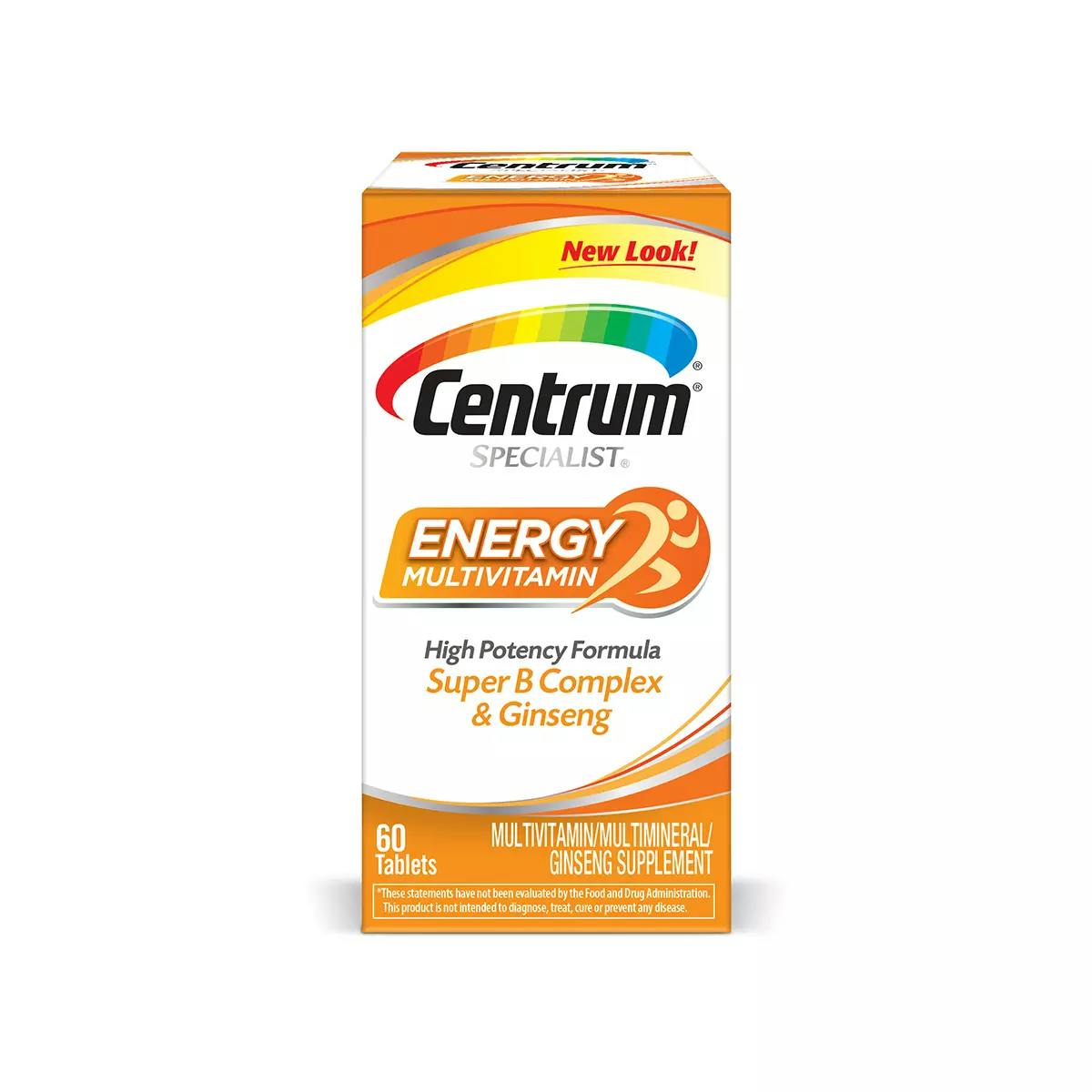Which Vitamins and Minerals Help Support a Normal Hormone Balance?
Vitamins and supplements have seen a big jump in popularity over the last few years. Thousands of people across the country take supplements to support some health concerns like low energy, digestive issues and more. Learn more about hormones and find out which vitamins can help keep them balanced.

What Are Hormones, and Why Are They Important?
Hormones are chemicals in your body that send messages to your organs, skin and muscles.[1] These chemicals play a role in controlling a variety of bodily processes, including your metabolism, growth, mood, sexual function and sleep cycle.[1] Around 50 different types of hormones exist in our bodies.[1]All of the hormones and many of the tissues that create them make up the body’s endocrine system.[1]
Can Vitamins and Minerals Help Support Normal Hormone Levels?
Hormonal imbalances cannot be self-diagnosed or treated on their own.[2] Maintaining optimal nutrient intake through diet and supplementation when necessary can help ensure normal hormone activity in the body.[2] Vitamins and minerals can only help support normal processes in the body related to the endocrine system and hormonal balance. If you think you have a hormonal imbalance, talk to your primary healthcare provider or an endocrinologist so you can receive appropriate treatment.[2]
Here are some vitamins and minerals that are known to support normal hormone activity in the body:
Vitamin D
Vitamin D is a nutrient that our bodies need, and it’s also considered to be a hormone.[3] It is important for maintaining good bone health, muscle movement and immune system function.[3] You can find vitamin D in foods like salmon, milk, eggs and mushrooms or through dietary supplements.[2]
Magnesium
Magnesium supports regulating nerve and muscle function, and it is also known to affect the concentration of parathyroid hormones in your body.[4] Magnesium plays a role in the body’s concentration of parathyroid hormone as well as vitamin D, which is important for preventing osteoporosis, a serious bone disease.[4] Some foods that are high in magnesium include leafy greens, whole grains, milk and yogurt.[4]
Iodine
Your thyroid hormones contain iodine, so it’s important to ensure that you are getting enough of it in your diet.[2] Thyroid hormones help control your body’s metabolism among other functions.[2] Thankfully, iodine deficiencies are rare in the United States because most table salt contains iodine.[2]
Vitamin B12
Vitamin B12 is an essential nutrient for metabolism and helps with the maintenance of the nervous system.[5] This vitamin is most often found in animal meats and dairy, but it can also be found in some fortified breakfast cereals.[5] Older adults and people who are vegetarian or vegan are more likely to experience vitamin B12 insufficiency and can benefit from taking supplements.[5]
Can Dietary Supplements Help Support a Normal Hormone Balance?
Supplements aren’t meant to replace a healthy, well-rounded diet.[6] Having a balanced diet is much more effective than taking a single pill. Supplements can be useful if you aren’t getting enough of a certain vitamin or mineral through diet alone.[6] However, supplements are not intended to replace healthy eating and are not intended to treat hormonal imbalances. If you have concerns with your dietary intake, supplement with a multivitamin to support any nutrient gaps. You should consult with your healthcare provider before adding a supplement to your regimen to ensure that it will help to support the proper function of your endocrine system.
Incorporating the right nutrients into your diet can help you support hormone health. Try a multivitamin like Centrum MultiGummies Adults, or a more specific supplement like Men’s MultiGummies or Women’s MultiGummies to get nutrients that align more with your dietary needs. Learn more about the benefits of taking vitamins and minerals with Centrum.
Source Citations:
1. Hormonal Imbalance. Cleveland Clinic. https://my.clevelandclinic.org/health/diseases/22673-hormonal-imbalance Accessed 11/30/2023. Return to reference
2. Four nutrients to help your hormone imbalance – and two foods to avoid. The Ohio State University Wexner Medical Center. https://wexnermedical.osu.edu/blog/four-nutrients-to-help-your-hormone-imbalance Accessed 11/30/2023. Return to reference
3. What’s the Deal with Vitamin D? Columbia University Irving Medical Center. https://www.cuimc.columbia.edu/news/whats-deal-vitamin-d Accessed 11/30/2023. Return to reference
4. Magnesium Fact Sheet for Health Professionals. National Institutes of Health. https://ods.od.nih.gov/factsheets/Magnesium-HealthProfessional/ Accessed 11/30/2023. Return to reference
5. Vitamin B12. MedlinePlus. https://medlineplus.gov/ency/article/002403.htm Accessed 11/30/2023. Return to reference
6. The Truth About Supplements: 5 Things You Should Know. Penn Medicine. https://www.pennmedicine.org/updates/blogs/health-and-wellness/2020/february/the-truth-about-supplements Accessed 11/30/2023. Return to reference











